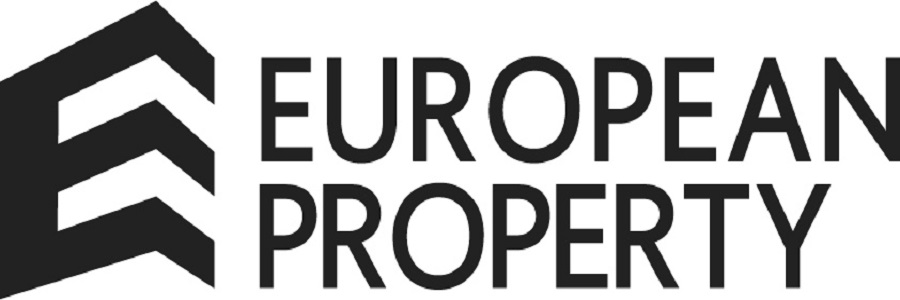Investing in European real estate has long been a dream for many, offering not only a potential return on investment but also the allure of owning a piece of history in some of the world’s most iconic cities. From the charming streets of Paris to the historic towns of Tuscany, European real estate is as diverse as the continent itself. However, navigating the complexities of buying property in Europe can be daunting for international investors. This ultimate cheat sheet provides a comprehensive guide to help you make informed decisions when venturing into the European real estate market.
1. Understand the Market
Before diving into European real estate, it’s crucial to gain a deep understanding of the market. Europe’s property market is diverse and dynamic, with each country offering unique opportunities and challenges. Key factors to consider include:
-
-
- Market Trends: Stay updated on current market trends, such as supply and demand, rental yields, and property appreciation rates in your target area.
- Legal Framework: Familiarize yourself with the legal requirements for property ownership, including visas, taxes, and property rights, which can vary greatly from one European country to another.
- Local Real Estate Agents: Build relationships with local real estate agents who have a deep knowledge of the market and can provide valuable insights.
-
2. Determine Your Budget
Setting a clear budget is fundamental to your European real estate venture. Take into account not only the property’s purchase price but also additional costs such as taxes, legal fees, and maintenance expenses. Remember that currency exchange rates can impact your budget significantly, so consider this when planning your investment.
3. Choose Your Location Wisely

Europe offers a wide range of locations, each with its unique appeal. Consider your investment goals and personal preferences when selecting a location. Some popular options include:
-
-
- Urban Centers: Cities like Paris, London, and Berlin offer strong rental markets and potential for capital appreciation.
- Coastal Destinations: Mediterranean destinations like the French Riviera and Costa del Sol in Spain are popular for their scenic beauty and tourism-driven rental income.
- Countryside Retreats: Tuscany in Italy, the Algarve in Portugal, and Provence in France provide a tranquil escape and potential for vacation rental income.
-
4. Due Diligence is Key
Perform thorough due diligence on any property you intend to purchase. This includes:
-
-
- Property Inspection: Hire a professional inspector to assess the property’s condition and identify any issues that might require immediate attention.
- Title Search: Verify the property’s legal status, ownership, and any potential liens or encumbrances.
- Local Regulations: Understand local zoning regulations, building codes, and environmental regulations that may impact your property.
-
5. Financing Options
Explore your financing options, as they can vary significantly from country to country. While some European countries may offer favorable mortgage rates to foreign investors, others may require substantial down payments. Consider seeking advice from international banks or mortgage brokers with experience in European real estate financing.
6. Legal Considerations
Navigating the legal landscape is crucial when buying European real estate. Seek legal advice from professionals with expertise in the specific country’s property laws. Important legal considerations include:
-
-
- Visa and Residency: In some countries, purchasing property may grant you the right to apply for a visa or residency permit. Research the requirements and benefits in your chosen location.
- Taxation: Understand the tax implications of owning property in Europe, including property taxes, capital gains tax, and inheritance tax. Consult with tax experts in both your home country and the country where you’re buying property.
-
7. Currency Exchange Strategies
Currency fluctuations can significantly impact the cost of your property investment. Consider working with a currency exchange specialist who can help you secure favorable exchange rates or hedge against currency risks.
If you plan to rent out your European property, decide whether you will manage it yourself or hire a property management company. Property management can be particularly valuable if you’re investing from abroad and cannot oversee the day-to-day operations.
9. Negotiation Skills
Effective negotiation can make a substantial difference in the price you pay for a property. Be prepared to negotiate with sellers, but also be aware of local customs and expectations when it comes to bargaining.
10. Post-Purchase Expenses
After acquiring your European property, be prepared for ongoing expenses, such as property taxes, maintenance, utilities, and property management fees (if applicable). Consider these costs when setting your rental rates or budgeting for your second home.
Conclusion
Investing in European real estate can be a rewarding and profitable endeavour, but it requires careful planning, due diligence, and a deep understanding of the local market and legal requirements. Whether you’re seeking a vacation home, a rental property, or a long-term investment, Europe offers a wide array of opportunities. By following this ultimate cheat sheet and seeking professional advice when needed, you can make informed decisions and turn your European real estate dream into a reality. Remember that patience and diligence are your best allies in this exciting journey into the world of European real estate.





